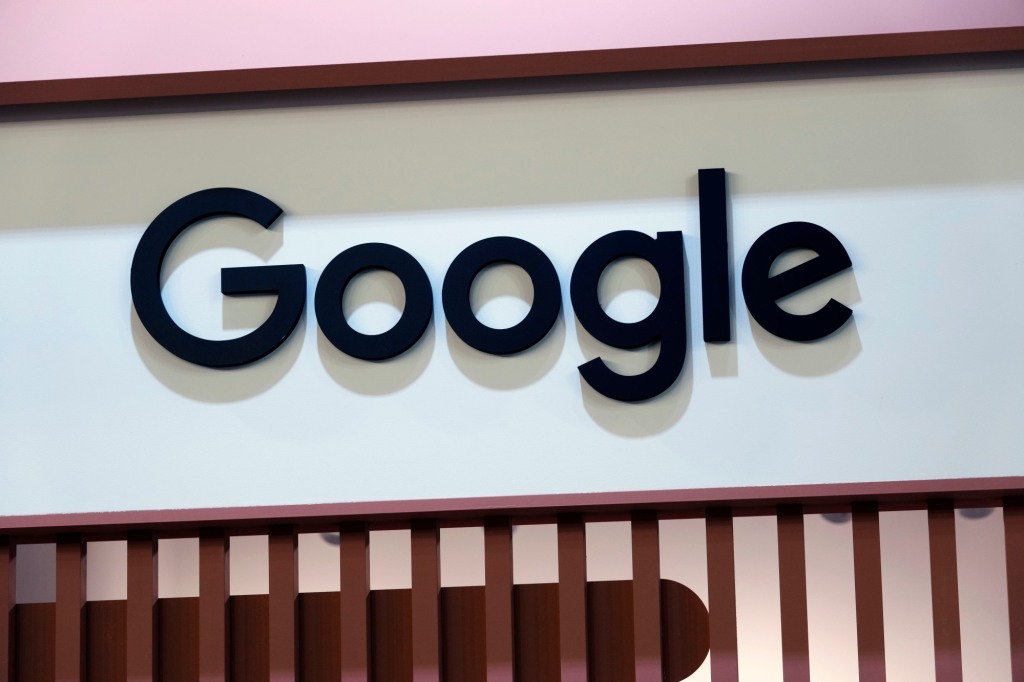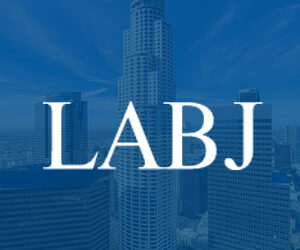By Emily Birnbaum | Bloomberg
An upcoming Supreme Court case could answer one of the toughest questions of the internet age: Should online companies be held responsible for promoting harmful speech?
The case, Gonzalez v. Google, could upend the modern internet economy, sparing no online business. A ruling against Google will likely leave internet companies — from social media platforms to travel websites to online marketplaces — scrambling to reconfigure their businesses to avoid costly lawsuits.
The case, which will be argued Feb. 21, tests whether Google’s YouTube can be held liable for automated recommendations of Islamic State terrorism videos. The company is being sued by the family of Nohemi Gonzalez, a 23-year-old US citizen who was among the at least 130 people killed in coordinated attacks by the Islamic State in Paris in November 2015.
Since 1996, the statute at the center of the case, Section 230 of the Communications Decency Act, has protected online platforms from facing lawsuits for hosting toxic content and enabled the companies to remove posts as they saw fit. The Gonzalez case focuses on whether platforms are protected by the Section 230 shield when their own algorithms boost toxic material, videos and photos.
The possibility of a serious Section 230 overhaul has frightened internet companies across the country. It could result in less speech online and fewer recommended playlists, podcasts, product reviews, social media posts and more, the companies warned in briefs to the court. YouTube says a ruling in favor of the Gonzalez family could force it to filter out more content from its video-streaming platform. It could also threaten lucrative profits from online advertising.
It’s possible that the Supreme Court justices could choose to hand down a narrow ruling that doesn’t have widespread impacts. Eric Schnapper, the Gonzalez family’s lead lawyer at the Supreme Court, said they have “tried to stake out a position which will…
Read the full article here







